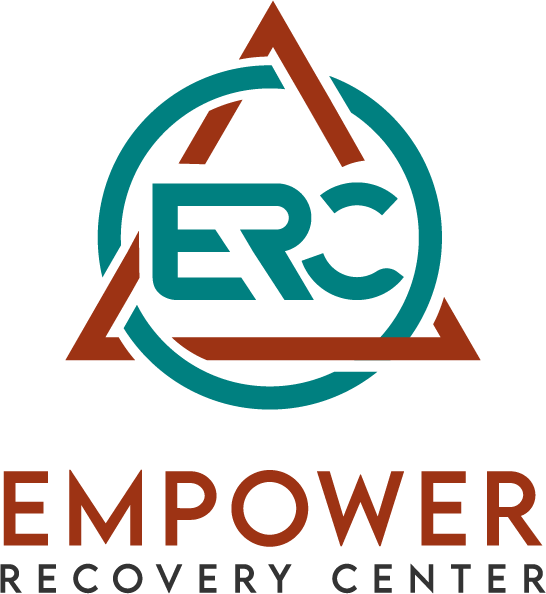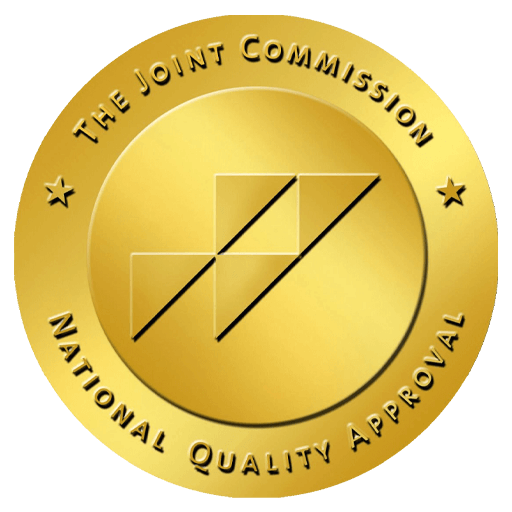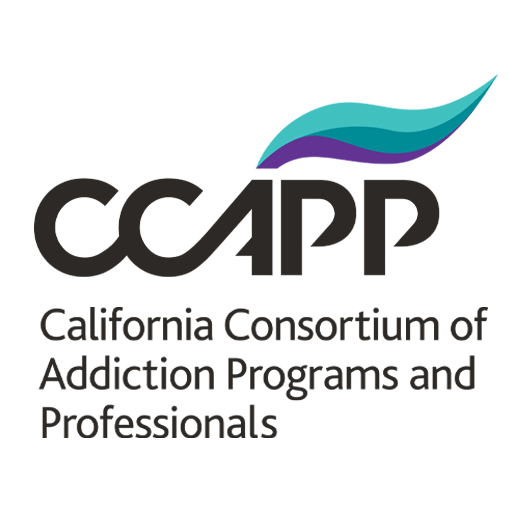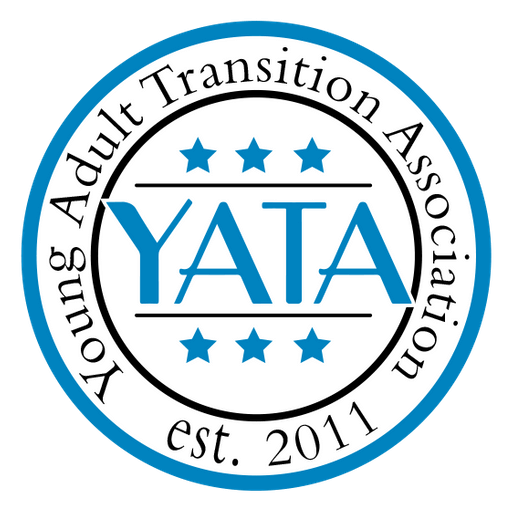Navigating the Terrain of California’s Failure to Launch Programs
When it comes to addressing the growing trend of young adults who struggle to achieve independence, California has become a focal point for innovative solutions. Aptly termed “failure to launch,” these programs are designed to empower young adults as they transition into self-sufficient, responsible individuals. At Empower Recovery Center, we understand that each journey is unique, requiring a personalized approach to address both mental health and life skills challenges.
Failure to launch programs in California are more than just temporary fixes; they provide a structured environment where young adults can receive coaching in life skills, vocational training, and therapeutic support. This holistic approach is designed to address the underlying issues that may contribute to the inability to transition into adult responsibilities.
Why Does “Failure to Launch” Happen?
Understanding the reasons behind the failure to launch phenomenon is crucial for effective intervention. Common contributing factors include mental health challenges, lack of motivation, and economic pressures. In California, high living costs can exacerbate these issues, leaving many young adults feeling overwhelmed and stuck.
From my two decades of experience at the Empower Recovery Center, I’ve seen firsthand how untreated mental health issues like anxiety and depression can hinder a young adult’s progress. This is compounded by the rapid pace of technological change and societal expectations, which can create feelings of inadequacy and fear of failure. By addressing these root causes, failure to launch programs California can truly make a difference.
The Key Components of Effective Programs
Effective failure to launch programs California incorporate several critical elements to ensure success:
- Comprehensive Assessment: Initial evaluations help tailor the program to the individual’s unique needs, including mental health assessments and skill gap analysis.
- Therapeutic Support: Therapy plays a central role, helping young adults work through emotional barriers and build resilience.
- Life Skills Coaching: Practical training in skills such as budgeting, cooking, and time management prepares participants for daily life as independent adults.
- Vocational Training: Career counseling and job placement services are essential for fostering self-sufficiency and boosting self-confidence.
Each of these components is meticulously integrated to form a comprehensive support system that empowers young adults to thrive.
Who Benefits from These Programs?
Failure to launch programs California cater to a diverse group of individuals. While the primary focus is on young adults aged 18-30, these programs also prove beneficial to families seeking support and guidance. Parents often experience relief knowing their children are in a structured, supportive environment.
Moreover, success stories abound, with many participants going on to lead fulfilling lives. Jesse, a former participant at Empower Recovery Center, shared his journey: “The program taught me how to manage my anxiety and gave me the confidence I needed to start college. I don’t think I could have done it without their support.” Stories like Jesse’s highlight the transformative impact of these programs.
How to Choose the Right Failure to Launch Program
Selecting the appropriate program can be daunting, but there are several steps to simplify the process. First, ensure the program is accredited and has experienced professionals who specialize in treating young adults. Secondly, inquire about the program’s success rates and request testimonials from previous participants.
Another critical factor is the range of services offered. Comprehensive programs should provide a blend of therapeutic support, skill-building workshops, and vocational training. Failure to launch programs California that emphasize these elements are more likely to result in lasting changes.
Finally, consider the location and cost. While convenience and budget are important, they should not compromise the quality of care. Remember, investing in a life-changing program can pave the way for a brighter future.
What Are the Common Questions About Failure to Launch Programs California?
Prospective participants and their families often have numerous questions about these programs. Here’s a look at some of the most frequently asked questions:
- What is the typical duration of a failure to launch program? While program lengths vary, most range from 3 to 12 months, depending on individual progress and needs.
- Are these programs covered by insurance? Many programs accept insurance, though coverage can vary. It’s advisable to check with your provider and the program for detailed information.
- Can participants continue their education while in the program? Yes, programs often accommodate educational pursuits and can even offer academic support.
- Are there follow-up services available? Many programs offer alumni services to ensure ongoing support and prevent relapse into old habits.
These questions reflect the practical considerations involved in selecting and committing to a failure to launch program. By addressing these inquiries, we aim to provide clarity and support to families in search of guidance.








